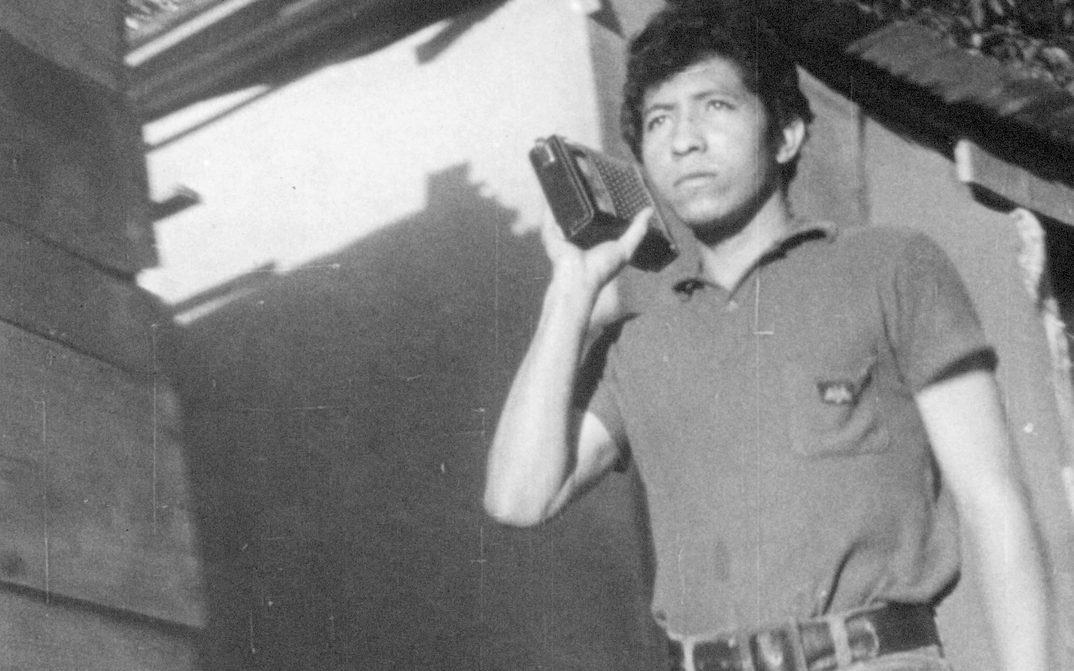Urgent Voices for Liberation

Wed 18.09.
18:15
Cinema
Arsenal 1
zu den Ticketszu dem KalenderGuests: Carolina Cappa, Jorge Hoenig (Grupo Cine Liberación)
Latin American Third Cinema emerged in the late 1960s as a tool for cultural revolution. While struggles throughout the region shared common aims against oppression, neocolonialism, and dependency, the contexts and thus the films differed from country to country. Argentina was immersed in a violent military dictatorship which provoked the rise of clandestine film groups such as Cine Liberación while Venezuela, although entering a democratic stage, also adopted methods of repression and groups such as Cine Urgente were created to foster an open experience through cinema, involving both militancy and participatory practices. Both groups proposed new ideas for film: reuse of and deviation from mass media products, non-linear narratives, lo-fi images, disruptive use of sound, and alternative modes of distribution.
This program includes two short films by these groups: LA PAZ and 22 DE MAYO. Film prints of both titles exist at Arsenal’s archive and have been digitized and studied as part of the Second Hand project at the Elias Querejeta Zine Eskola (Donostia/San Sebastián). This work offers a new possibility to restitute the films and ask new questions from the present.
LA PAZ (The Peace) Grupo Cine Liberación, María Elena Massolo Argentina 1968 Digital file | Spanish OV/EnS | 4 Min.
22 DE MAYO (May 22) Cine Urgente, Jacobo Borges Venezuela 1969 Digital file | Spanish OV/EnS | 34 Min.
Guests: Carolina Cappa, Jorge Hoenig (Grupo Cine Liberación)
Elías Querejeta Zine Eskola (Film School) will present the program Urgent Voices for Liberation at the festival. This work was carried out by a group of researchers and students as part of the Zine Eskola’s project Second Hand. The project’s lead researcher is film archivist Carolina Cappa and the students are Camila Aboitiz, Lucía Feuillet, Manuel Mateo Gómez, Isabela Mouradian, Luíza Rosado, and Leonardo Suárez. All team members come from different Latin American countries – Argentina, Chile, Brazil, and Colombia – which allowed for collective debates about film preservation efforts throughout the region.
Jorge Hoenig was a member of Cine Liberación and director of "Al grito de éste pueblo" (1971) with Humberto Ríos. He has lived in Germany since 1977, where he developed a career as a journalist and correspondent for public television.